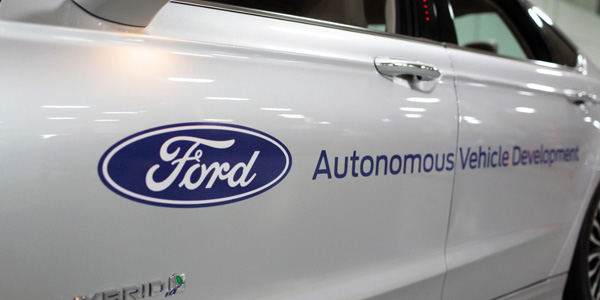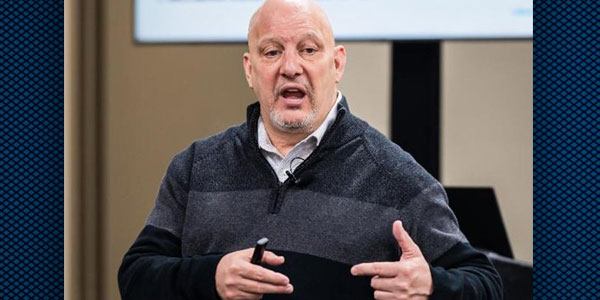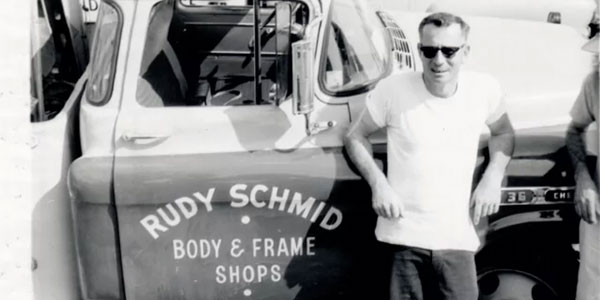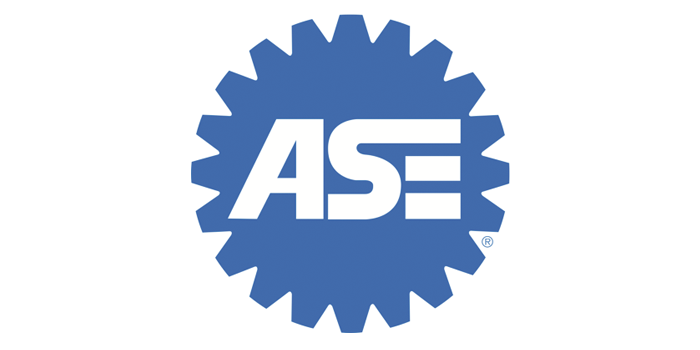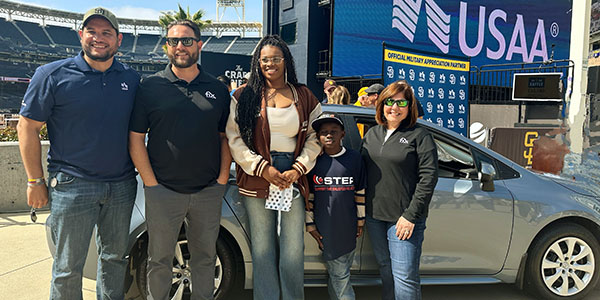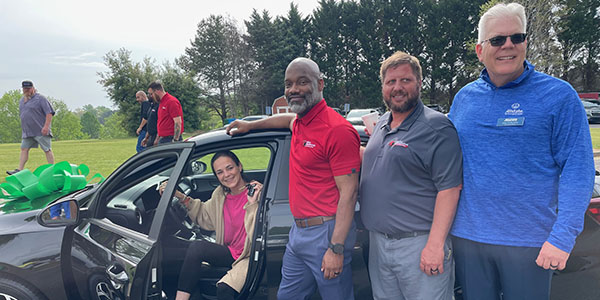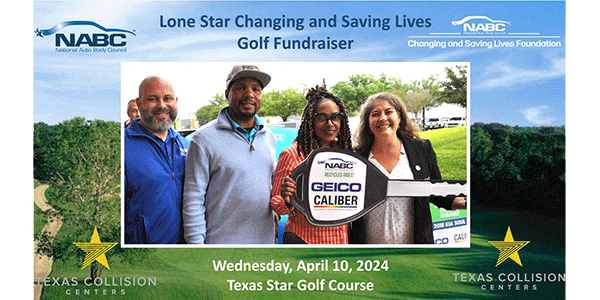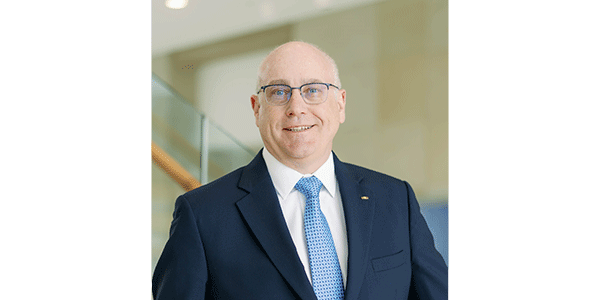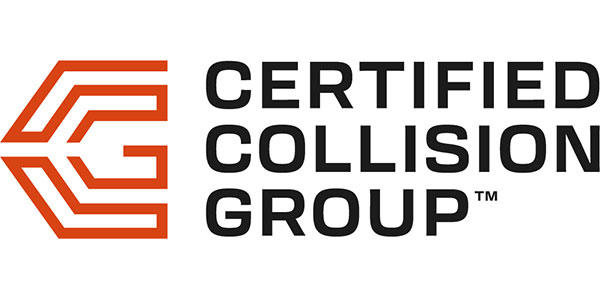Ford Motor Co. has created a new organization to accelerate its autonomous vehicle business and capitalize on market opportunities. The company also detailed key organizational changes designed to improve its operational fitness and drive profitable growth.
Ford said it is moving its self-driving business into Ford Autonomous Vehicles LLC, which will include Ford’s self-driving systems integration, autonomous vehicle research and advanced engineering, AV transportation-as-a-service network development, user experience, business strategy and business development teams. The new LLC, which is structured to take on third-party investment, will be primarily based at Ford’s Corktown campus in Detroit and will hold Ford’s ownership stake in Argo AI, the company’s Pittsburgh-based partner for self-driving system development. Ford expects to invest $4 billion in its AV efforts through 2023, including its $1 billion investment in Argo AI.
Sherif Marakby, currently Ford vice president, autonomous vehicles and electrification, has been appointed CEO of Ford Autonomous Vehicles LLC, reporting to a board of directors chaired by Marcy Klevorn, Ford’s executive vice president and president, Mobility. The closer alignment of the self-driving platform and the mobility solutions teams will allow faster development of businesses that can thrive in the pre- and post-autonomous vehicle worlds.
“Ford has made tremendous progress across the self-driving value chain – from technology development to business model innovation to user experience,” said Jim Hackett, president and CEO, Ford Motor Co. “Now is the right time to consolidate our autonomous driving platform into one team to best position the business for the opportunities ahead.”
With Marakby’s move, Ted Cannis, global director, electrification, will lead Ford’s Team Edison, the team responsible for developing and bringing to market next-generation electric vehicles. Team Edison will continue to report to Jim Farley, executive vice president and president, Global Markets.
Ford’s electric vehicle strategy includes rethinking the ownership experience, including making charging an effortless experience at home and on the road, as well as offering full-vehicle over-the-air software updates to enhance capability and features.
In addition, Ford is reorganizing its Global Operations division led by Executive Vice President Joe Hinrichs to include information technology as well as the company’s global order-to-delivery system, integrating the teams, technologies and processes from both across Ford’s production system. As a result, Jeff Lemmer, vice president and chief information officer, will report to Hinrichs.
This realignment will help the company accelerate the integration and application of technology across its industrial system to further streamline manufacturing, speed vehicle delivery times, reduce inventories and improve capital efficiency.
“The evolution of computing power and IT have helped bring great products to customers – from cars to tablets,” said Hackett. “We can now harness this technology to unlock a new world of vehicle personalization, supply chain choreography and inventory leanness that rivals any industrial model in the world. And Joe’s challenge is to help us redesign this system to do just that, while better serving customers and dealers and improving our overall fitness.”
Hau Thai-Tang, executive vice president, product development and purchasing, will now report directly to Hackett. The move ensures these critical functions have an even stronger voice as the company creates a winning portfolio of products.
Under Thai-Tang, Ford is moving to flexible vehicle architectures and more common parts across models, cutting new product development time – from sketch to dealer showroom – by 20 percent. This is helping Ford achieve its commitment to deliver nearly $7 billion of engineering efficiencies. The company intends to have the most efficient product development organization among full-line automakers within five years.
Ford’s five flexible vehicle architectures – body-on-frame, front-wheel-drive unibody, rear-wheel-drive unibody, commercial van unibody and BEV – are paired with module “families” that address the power pack, electrical pack and vehicle configurations. Seventy percent of each vehicle’s engineering will be driven from this new architecture approach, with 30 percent of content – including grilles, hoods, doors and more – customized for each vehicle.
All organization changes announced are effective Aug. 1.
In addition, Ford is embedding a deeper product-line focus across the company. Led by Jim Farley, the effort is anchored on human-centered design with product-line teams putting greater emphasis on customer insights and market opportunities to deliver more consumer-driven products and services. This customer-focused product-line approach builds on the success already seen throughout Ford with the F-Series team in North America, the Ranger team in Asia Pacific and the Commercial Vehicle team in Europe.
By 2020, Ford will offer North America’s freshest lineup among all full-line automakers, with its average showroom age dropping from 5.7 to 3.3 years as it replaces three-quarters of its lineup and adds four new trucks and SUVs. Ford has similarly aggressive product refresh plans in other regions, including Europe and Asia.
“We’re looking at every part of our business, making it fitter and ensuring that every action we take is driven by what will serve our customers in a way that supports our fitness and performance goals,” said Hackett.

